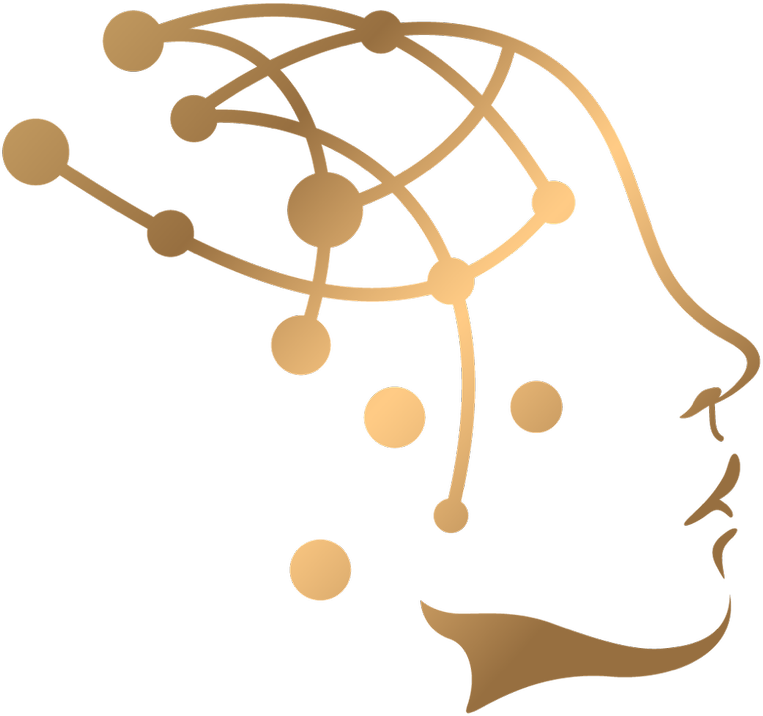How coaching differs from tutoring.
Academic Skills Coaching is really an outlier in the private education sector in Hong Kong. We actually have very little to do with any provider in the international schools tuition and tutoring space.
We create all of the lessons by hand, from the most effective research-based strategies. We cover everything from tutoring in a particular subject to organisation and time management skills. Some of the lessons have even been published into a book and sold globally, simply because the approaches work across adolescence and into adulthood. We are the only academic services in Hong Kong that also offers doctorate-level counselling for anxiety and stress due to academic issues. We make everything for the individual student simply so that we can have total control over the quality of the service. It may not be time-efficient, but this is what it takes to offer the best quality of educational support ever available in Hong Kong.
One of the first phases to the service is building rapport and trust. An attentive, caring and attuned relationship moves students forward extremely well, much better than rigid, formulaic, or authoritative approaches. So while each session will produce an opportunity to learn a particular skill, the entire agenda of the lesson is directed by the student. Modeling this quality of flexibility turns out to be very important to overall success of integrating the skills when unexpected challenges arise outside of the session. Parents often notice that students develop a process of letting stress expand and contract without breaking attention from the tasks that need to be completed.
Some sessions take place in the home, but the real work happens at the offices. This space is where we can openly discuss what’s not working, what is, and decide what direction we want to take. The skills required to develop a workspace where honesty becomes the standard practice of each session is fundamental to the work because even when its done well, making a commitment to change takes a tremendous amount of trust, willingness and courage on the students' part. Regardless of where they work, skills coaching is very difficult and time-consuming work. And we are the only company in Hong Kong that does this; nobody else teaches academic soft skills using empirically tested and personalized interventions. Certainly not today, and not that I know of ever.
For many teens, there are outcomes that have never been surpassed in terms of work quality. Modern international schools and current teaching methods largely resemble an assembly line approach to education. I’ve worked at two international schools in Hong Kong and both had a laser-like focus on finding the right formula to increase enrollment, keep parents happy and reduce costs. Nothing about academic coaching is standardized, feels warm and fuzzy, or is cheap to do.
All of the lessons are rooted in Mindfulness practices. These practices and skills are the same as those used by experienced mindfulness teachers and researchers, forward-thinking schools and many major corporations alike. These lessons are delivered in bespoke ways and will then be joined together with meticulous attention, individually -and not on worksheets- to ensure that they are not simply forgotten once the session ends. The strategies used are based on simply the highest grade research available; blue ribbon level science journals, decades of experience, and hundreds of hours of advanced certifications.
At a certain point, the students begin to combine the three fundamental skills: awareness, engagement and flexibility. These skills cause major shifts in their motivations, social life and can disrupt daily routines. This happens because it has to happen that way; major changes have no other way of happening. If a student has avoided their homework for years, they also tend to avoid anything and everything else that makes them feel uncomfortable. It’s not like they have practiced organising everything but their schoolwork; so changing in one area tends to mean changes in other areas of their life happen too. Unproductive and screen-addicted friends fall away, interests change, sleep and exercise improve, and so on. Those changes come from recognizing and committing to acting on individual values- and that is not a change that can come from mass production.
The last phase is really the integrating of the skills into the student’s day to day interactions. The student’s goal is never perfection, but rather building larger and larger sets of habits around their values. So, by committing to practice, a student begins taking the energy that comes out of distractions and gaming, making a pivot, and reproducing it as energy toward creating better lives. If the costs seem high, consider that the costs of a poor education can stay hidden for years. When parents decide to support their kid through these changes, sometimes they report this uncanny feeling that their child is gone and a new kid is there. That’s what individualized academic skills coaching does. Private education, even at the most expensive schools in one of the world’s most expensive cities, simply cannot compete.
